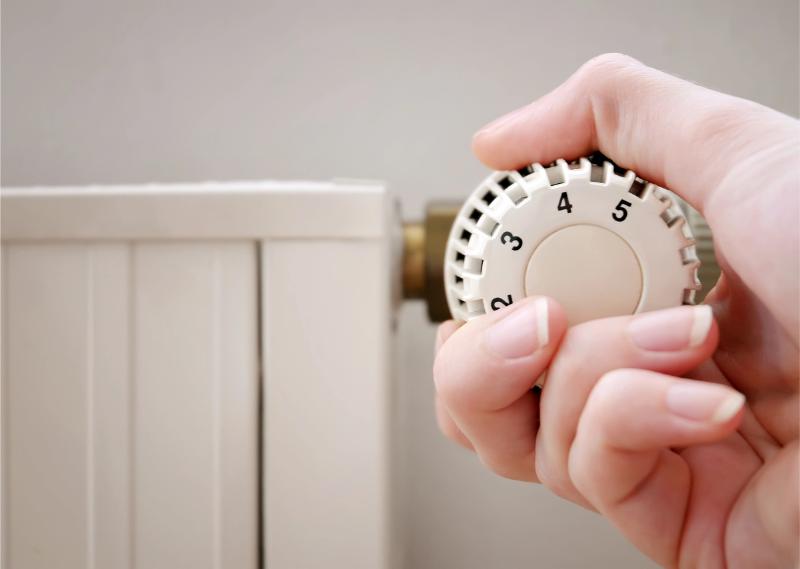Choosing the Right BTU for Your Two Car Garage: A Comprehensive Guide
When it comes to heating your garage, especially during those notoriously cold winter months, there is no such thing as ‘one size fits all’. The heating requirement for your garage depends on several factors, the most important of which is its size. If you’re curious about “how many BTUs (British Thermal Units) you need for a two car garage”, you’re in the right place!
Demystifying the BTU – What is It?
Before we dive into calculating the proper BTUs for your garage, it’s crucial to know what a BTU is. BTU, short for British Thermal Unit, is a standard unit used to measure how much heat an appliance can provide. In technical terms, one BTU is approximately equal to the amount of energy required to heat one pound of water by 1 degree Fahrenheit.
Why the Right BTUs Matter
Selecting a unit with the proper BTU rating is not just a matter of complying with technical jargon, but directly equates to your comfort and energy efficiency. An underpowered unit will struggle to adequately heat your space, leading to inefficiency and higher energy bills. On the contrary, an overpowered unit could lead to rapid component wear and tear, increased costs and excess heat.
Calculating BTUs for a Two Car Garage
While each garage’s BTU requirements may vary, here’s a general rule of thumb when considering the BTUs for a standard two car garage. In regions with moderate winters, you’ll need approximately 30 to 40 BTUs per square foot. So for an average two-car garage of about 500 square feet, you’d be looking at 15,000 to 20,000 BTUs. This, of course, may need to be adjusted based on the actual dimensions of your garage, its insulation, and local climate conditions.
Need for Insulation
Even if you get the BTU calculations correct, if your garage isn’t properly insulated, much of that heated air is going to escape, making your heating system work harder than it needs to. Insulating your garage doors and walls can reduce heat loss, maintain a consistent temperature, and ultimately save on your energy bills.
Professional Assistance
Outside of a basic estimation, a professional can help analyze your specific conditions like how well your garage is insulated, how airtight it is, and if it’s shaded or in direct sunlight. These factors matter, as they can dramatically influence the BTU calculation. By calling in a professional, you’ll ensure you get a heater with the right BTU rating.
Conclusion
Heating a two car garage is about more than just cranking up a heater and hoping for the best — selecting the right BTU is key. Whip out your measuring tape, assess your insulation, and seek professional help if needed. Because after all, no one wants to face a frigid garage in the middle of winter!







Leave A Comment